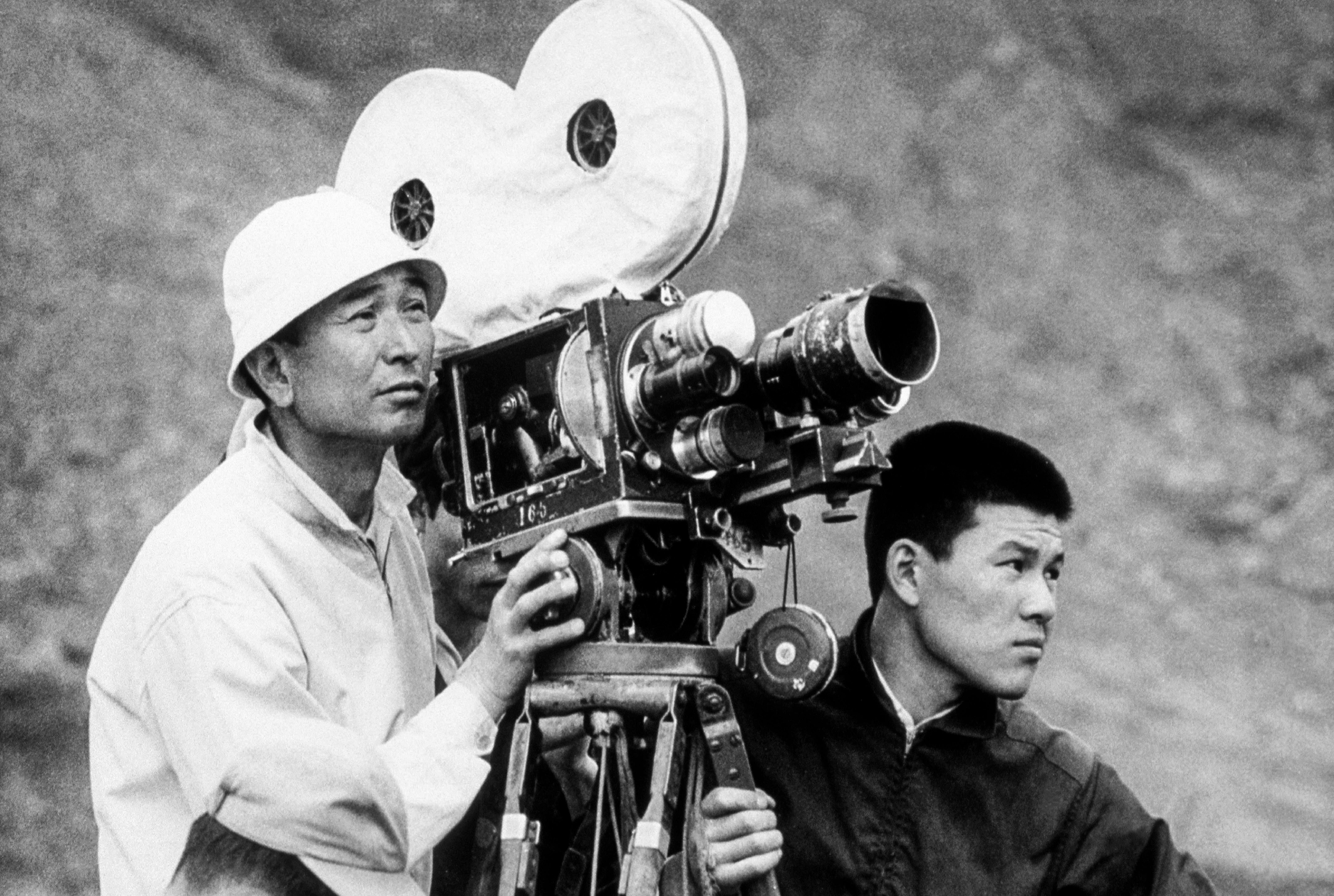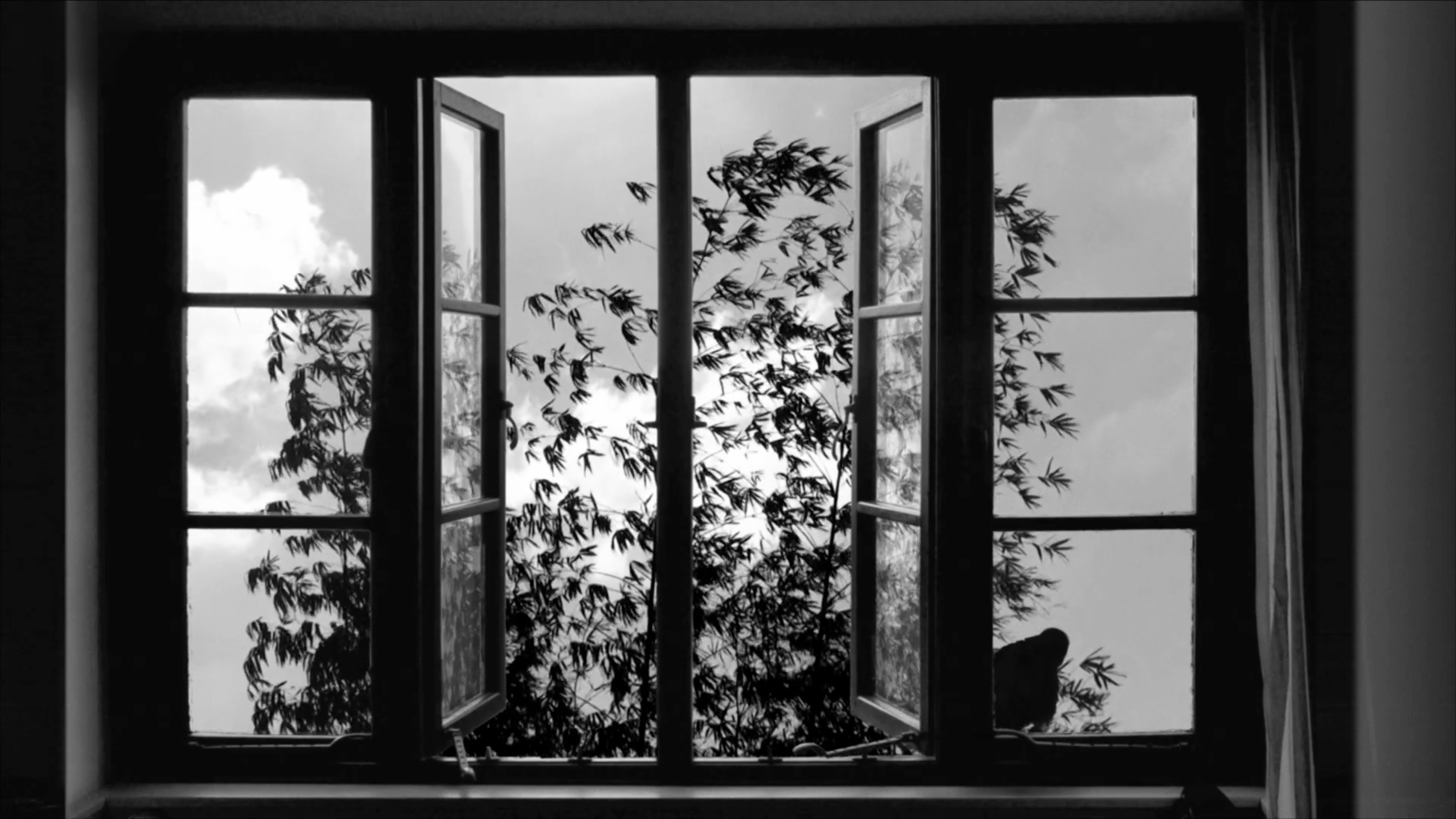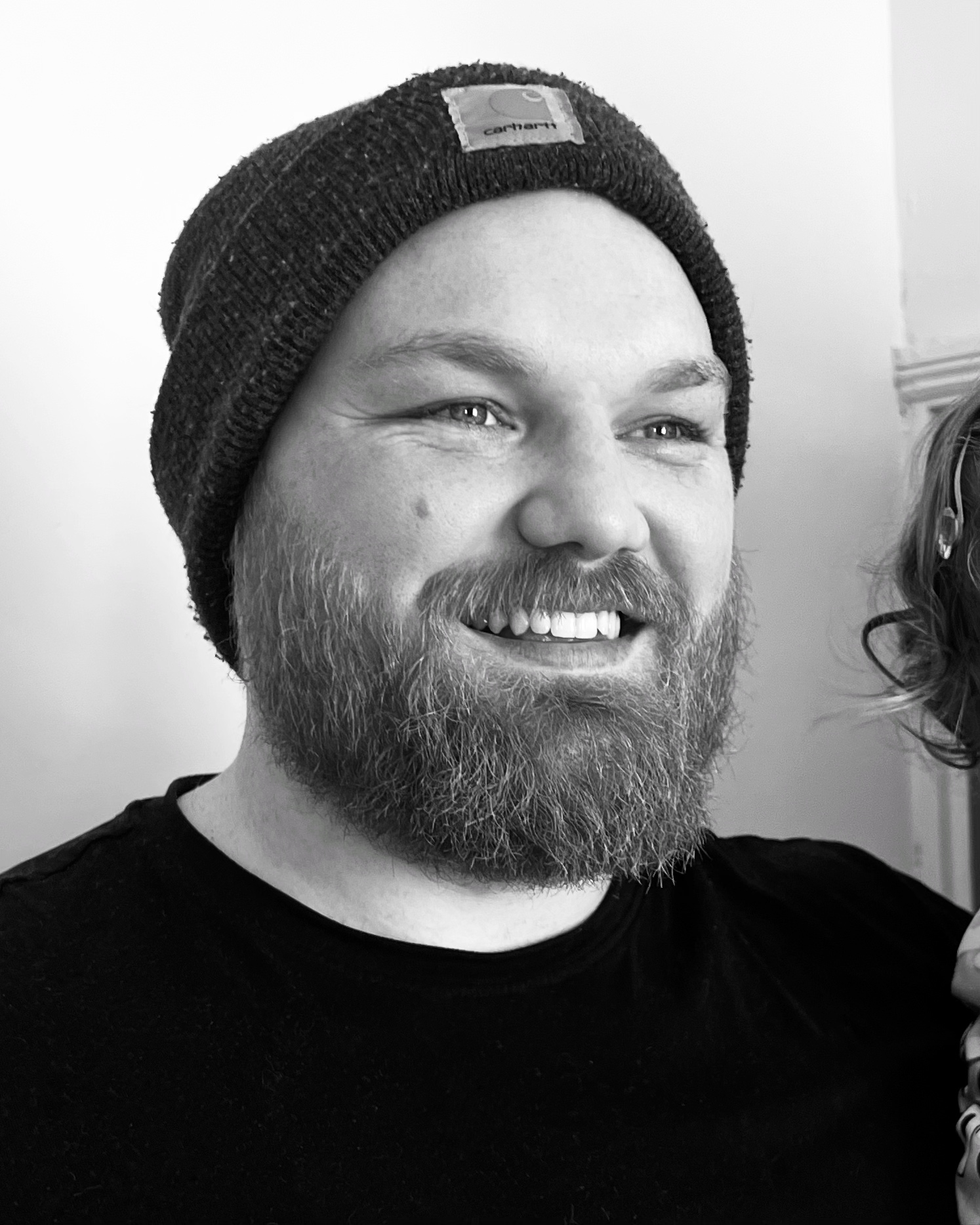3 filmmakers that changed the way I approach photography
There is more to learn from cinema than orange and teal color grading, here are three filmmakers who have changed how I think about my photography

Artists can find inspiration in anything, however, it is very common among photographers to be drawn to cinema, with many photographers wishing their images to be more 'cinematic' – but what does 'cinematic' mean?
I think that the word cinematic can mean several things and changes depending on who you ask. For some it's a wider aspect ratio, for others, it's the tones and color grade, however, for me, it's a mixture of the two, along with a strong visual narrative.
I personally find inspiration from the composition and storytelling of cinema, and how that can be translated into a single frame – a photograph. I like to focus on the aspects of filmmaking where the director has made the audience feel a certain way without words, and how filmmakers develop their signature visual language to do so.
There have been countless films and filmmakers that have inspired my photography, but there have been three main directors in recent times that have changed my perspective and I urge you to check them out for yourselves!
1: Akira Kurosawa
Above: a two-hour interview with Kurosawa recorded in 1993
The iconic Japanese director was a master at composition and framed his shots so beautifully, that each could stand on their own as a still image. Trained as a painter, he would plan his films with hand-painted storyboards and translate his artistic expression from canvas to screen.
His best-known work is the 1954 movie Seven Samurai. Taking inspiration from Westerns, he injected his own Eastern influences and created one of the most renowned pieces of cinema of all time. The movie is an epic over three hours long, with Kurosawa not afraid to take time to tell the right story.
Get the Digital Camera World Newsletter
The best camera deals, reviews, product advice, and unmissable photography news, direct to your inbox!
This is another aspect I take from his work into my photography practice. This is incredibly difficult to do in today's world with the need to create quick attention-grabbing content, but how much of that content will last the test of time like a Kurosawa film?
2: Abbas Kiarostami

Kiarostami was an Iranian film director, poet, and photographer, and had a documentary style of filmmaking although the narratives were fictional. Often influenced by poetry and writings his films followed the same rhythm and captured similar emotions.
I was introduced to his film Where Is the Friend's House? while studying for my photography master's degree, as it is an excellent example of capturing a narrative while exploring a subject.
It translated to the documentary photography project I was working on and enabled me to let go and photograph as though on a journey instead of having any preconceived expectations. It is also currently 100% on Rotten Tomatoes!
During the latter stages of his career, he made a film called 24 Frames, which aimed to create a dialogue between his work as a filmmaker and as a photographer. The resulting work is 24 frames of moving pictures showcasing his eye for detail, composition, and storytelling.
3: Wim Wenders
This list could be a top twenty as there have been so many cinematic influences but Wim Wenders takes the third spot after his most recent film Perfect Days.
In addition to being a cinematic masterpiece both visually and tonally, much like Kurosawa, it is also a reminder to slow down and enjoy the experience of photography. Although it is great to focus on the end result, it's also a reminder to enjoy it and take time to reflect on that enjoyment something often forgotten in the pursuit of perfectionism.
The Paris, Texas director is also a fantastic photographer making his films aesthetically stunning and well-composed. Last year he exhibited several unseen photographs at Paris Photo, and if you are a fan of his cinema, I recommend checking out his photographic work.
You may be interested in our guides to the best cinema cameras, the best cine lenses, and the best hybrid camera.

Kalum is a professional photographer with over a decade of experience, also working as a photo editor and photography writer. Specializing in photography and art books, Kalum has a keen interest in the stories behind the images and often interviews contemporary photographers to gain insights into their practices. With a deep passion for both contemporary and classic photography, Kalum brings this love of the medium to all aspects of his work.


